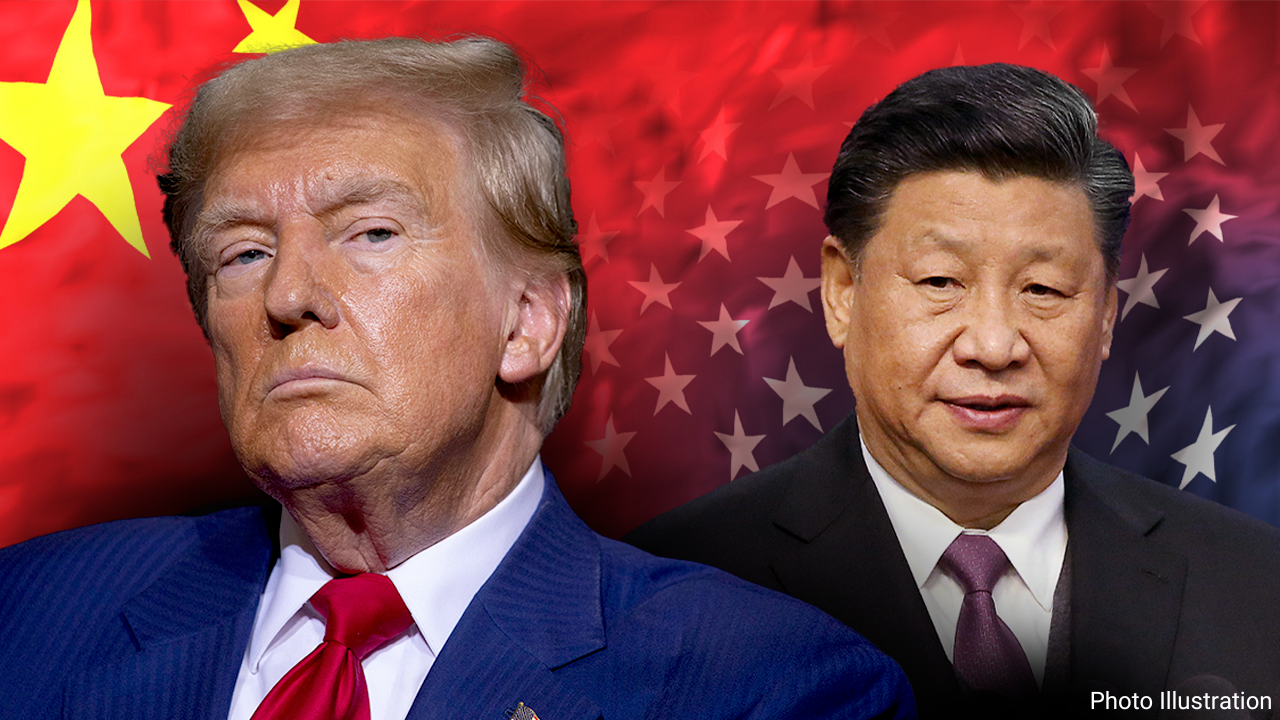Trump’s Middle East deals spark bipartisan concerns over AI technology reaching China

President Donald Trump recently made a historic trip to the Middle East, where he secured a whopping $2 trillion worth of deals with Saudi Arabia, Qatar, and the UAE. This move has been seen by some as a strategic move to counter China’s increasing influence in the region. China has been strengthening its commercial ties with top Middle Eastern nations, which have maintained a neutral stance in the ongoing geopolitical tension between the U.S. and China.
One of the key concerns raised after Trump’s trip was his decision to reverse a Biden-era policy that banned the sale of AI-capable chips to the UAE and Saudi Arabia. Critics worry that highly coveted U.S. technologies could potentially end up in the hands of Chinese companies, and ultimately, the Chinese Communist Party (CCP). This has raised questions about the potential security risks and the implications of such deals.
China hawks on both sides of the aisle have expressed their concerns about the agreements made during Trump’s visit. Senate Democratic leader Chuck Schumer warned about the risks of American-made chips falling into the hands of the CCP, while Republican Rep. John Moolenaar emphasized the need for stringent safeguards to prevent unauthorized access to advanced U.S. AI technology.
In response to these concerns, the House Select Committee on the Chinese Communist Party introduced legislation to prevent advanced U.S. AI chips from being accessed by adversarial parties like the CCP. Experts have highlighted the importance of implementing robust security measures to safeguard American technology and prevent unauthorized access to sensitive information.
While the U.S. agreements in the region aim to strengthen America’s position as a global leader in AI technology, there are still uncertainties surrounding the potential risks associated with these deals. China’s expanding interests in the Middle East, particularly in the security, economic, and energy sectors, pose a challenge to U.S. interests in the region.
Trump’s visit to the UAE, the first by a U.S. president in nearly two decades, is seen as a significant step in strengthening ties between the two countries. Security experts believe that this visit could enhance economic and security cooperation between the U.S. and the UAE, amidst growing unrest in the region.
Overall, Trump’s trip to the Middle East and the subsequent agreements signed with key nations in the region highlight the complex geopolitical dynamics at play. As the U.S. seeks to counter China’s influence in the Middle East, ensuring the security of sensitive technology and maintaining strategic partnerships will be crucial in shaping the future of the region.




